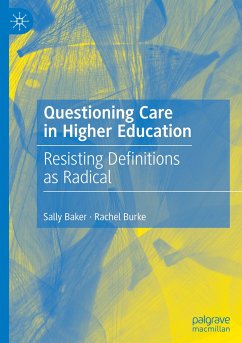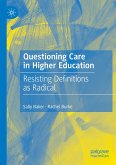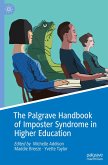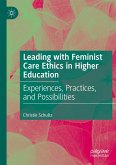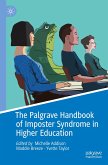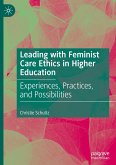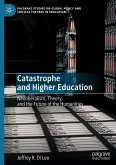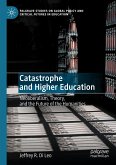This book explores questions of care in higher education. Using Joan Tronto's seven signs that institutions are not caring well, the authors examine whether students and staff consider universities to be caring institutions. As such, they outline how universities systematically, structurally, and actively 'undercare' when it comes to supporting students and staff, a phenomenon which was amplified by the COVID-19 pandemic. Drawing on scholarly ideas from the sociology of care, higher education, social justice, and feminist critique, and in dialogue with empirical insights gathered with people who work and study in universities in Australia, South Africa, and the UK, the book questions why people care, as well as why adopting a caring position in higher education can be viewed as radical. The authors conclude by asking what we can do to counter that view by thinking carefully about the purpose, power, and plurality of care, before imagining how we can create more caring universities
Bitte wählen Sie Ihr Anliegen aus.
Rechnungen
Retourenschein anfordern
Bestellstatus
Storno

